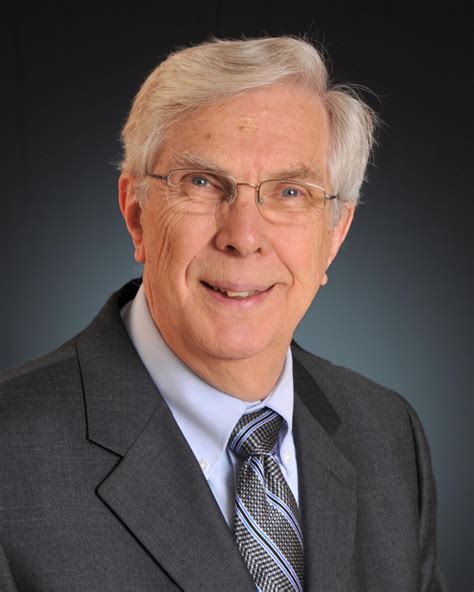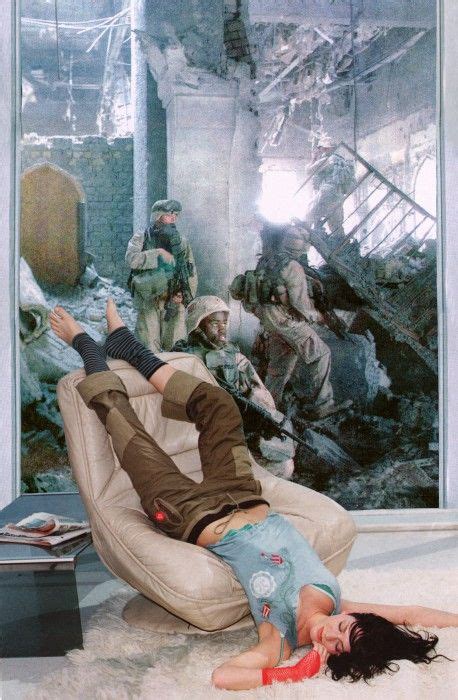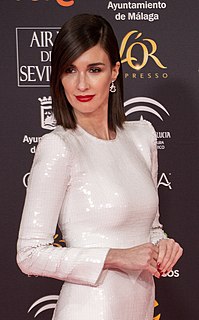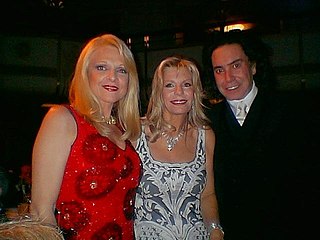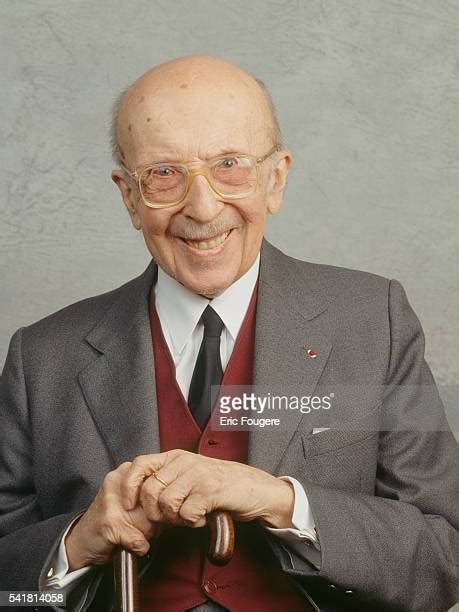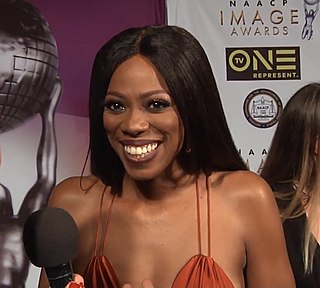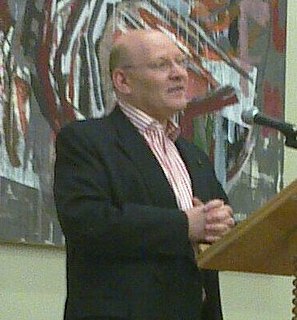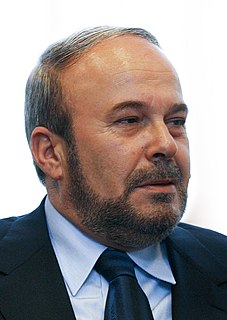A Quote by Andy Biersack
I like both antireligious and traditional Catholic imagery.
Quote Topics
Related Quotes
Most Americans instinctively recoil from the claim that there is an antireligious bias running through the underlying assumptions with which their society approaches church-state issues. However, there is persuasive evidence that among some influential segments of the population, there is a very real antireligious strain.
I thought Daredevil was kind of cool because he couldn't do anything. I mean, he's blind. It wasn't that he could fly. His major power was an impediment. So I was intrigued. When I took over he was kind of like Spider-Man-lite, but I was able to project a lot of my Catholic imagery onto it. And I'd always wanted to do a crime comic.
The intention of Paul VI with regard to what is commonly called the Mass, was to reform the Catholic liturgy in such a way that it should almost coincide with the Protestant liturgy - but what is curious is that Paul VI did that to get as close as possible to the Protestant Lord's supper... there was with Paul VI an ecumenical intention to remove, or at least to correct, or at least to relax, what was too Catholic, in the traditional sense, and, I repeat, to get the Catholic Mass closer to the Calvinist Mass.
The reality is that while heliocentrism was discussed and often accepted within Catholic circles - it was effectively the only place where it could be - the more traditional view of the solar system still prevailed even among leading scientists. So it's hardly surprising that Galileo's Catholic judges had difficult accepting his views, especially when they saw themselves as defending scientific orthodoxy and were supported in this by the scientific establishment.


